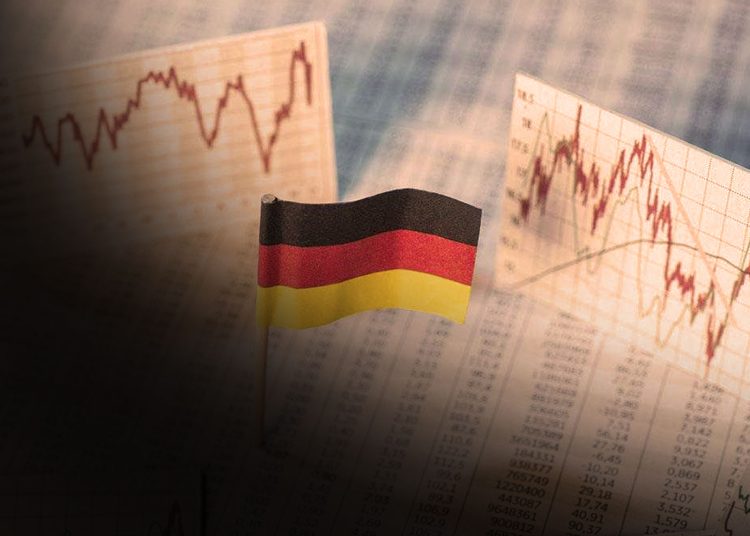Germany’s economy shrank more than expected by 0.4% at the end of 2022 due to a decline in capital investment and private consumption, according to data from the statistics office. The previous estimate for production was a contraction of 0.2%. While public spending had a positive impact, economists predict negative growth for the current quarter, which could lead to a recession if realized.
However, the milder winter weather in Germany has helped the country avoid more pessimistic scenarios that could have resulted from Russia’s invasion of Ukraine. Recent indicators, such as the Ifo and ZEW expectation indexes, suggest optimism about the resilience of the German economy. Similarly, surveys of purchasing managers indicate a return to growth through easing supply chain issues and expansion in the service sector, after more than six months of negative data for private sector activity.
Insights and Updates on Market Trends, Economic Data, and ECB President’s Response
Last week, European stock markets experienced a predominantly bearish trend as rising inflation concerns in the region led to an increase in market risk perception. According to data released in the region, the consumer price index (CPI) rose by 8.7% in Germany in February and by 8.6% in the eurozone in January. Analysts have stated that the persistent high inflation in the region has raised uncertainty about how long the European Central Bank’s (ECB) hawkish policies will continue.
Last week, ECB President Christine Lagarde said that the recent increases in wages were normal and described it as merely prices catching up with wages. She added that the possibility of seeing a spiral of inflation and wage increases in Europe was low.
In the past week, the FTSE 100 index in the UK fell by 1.57%, the DAX index in Germany by 1.76%, the CAC 40 index in France by 2.18%, and the MIB 30 index in Italy by 2.76%.In the coming week, the consumer confidence index will be followed in the eurozone on Monday, final CPI and unemployment rates in Germany on Wednesday, unemployment rates in the eurozone on Thursday, and the services sector PMI and Producer Price Index (PPI) in the eurozone on Friday.

The US Consumer Confidence Index is Increasing Hence Inflation
The University of Michigan in the US has released its final data on the consumer confidence index for February. The index, which measures American consumers’ tendencies, rose by 2.1 points to 67, its highest level since January 2022. The initial data for February was 66.4, but this was revised upwards. The current economic conditions index, which measures Americans’ evaluation of financial conditions, rose by 2.3 points to 70.7 in February, while the consumer expectations index, reflecting long-term expectations, rose by 2 points to 64.7 during the same period.
The Director of Consumer Surveys, Joanne Hsu, who commented on the statement, pointed out that the increase in consumer confidence confirmed the preliminary data for February. She also noted that short-term inflation expectations had increased from 3.9% in January to 4.1% in February. However, consumers still had significant uncertainty regarding short-term inflation, which could lead to unstable expectations in the coming months. Hsu also reported that long-term inflation expectations remained at 2.9% in February.











